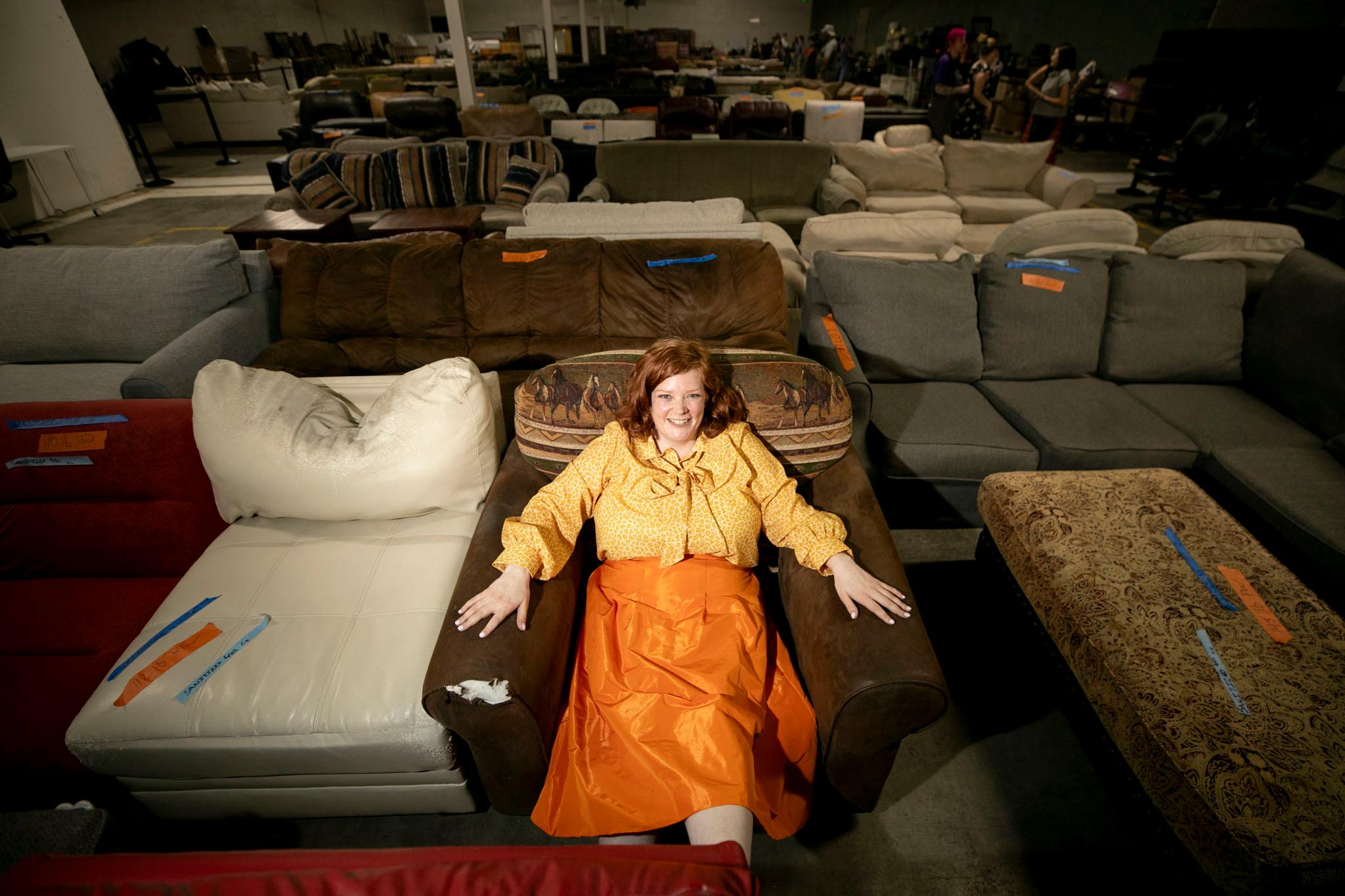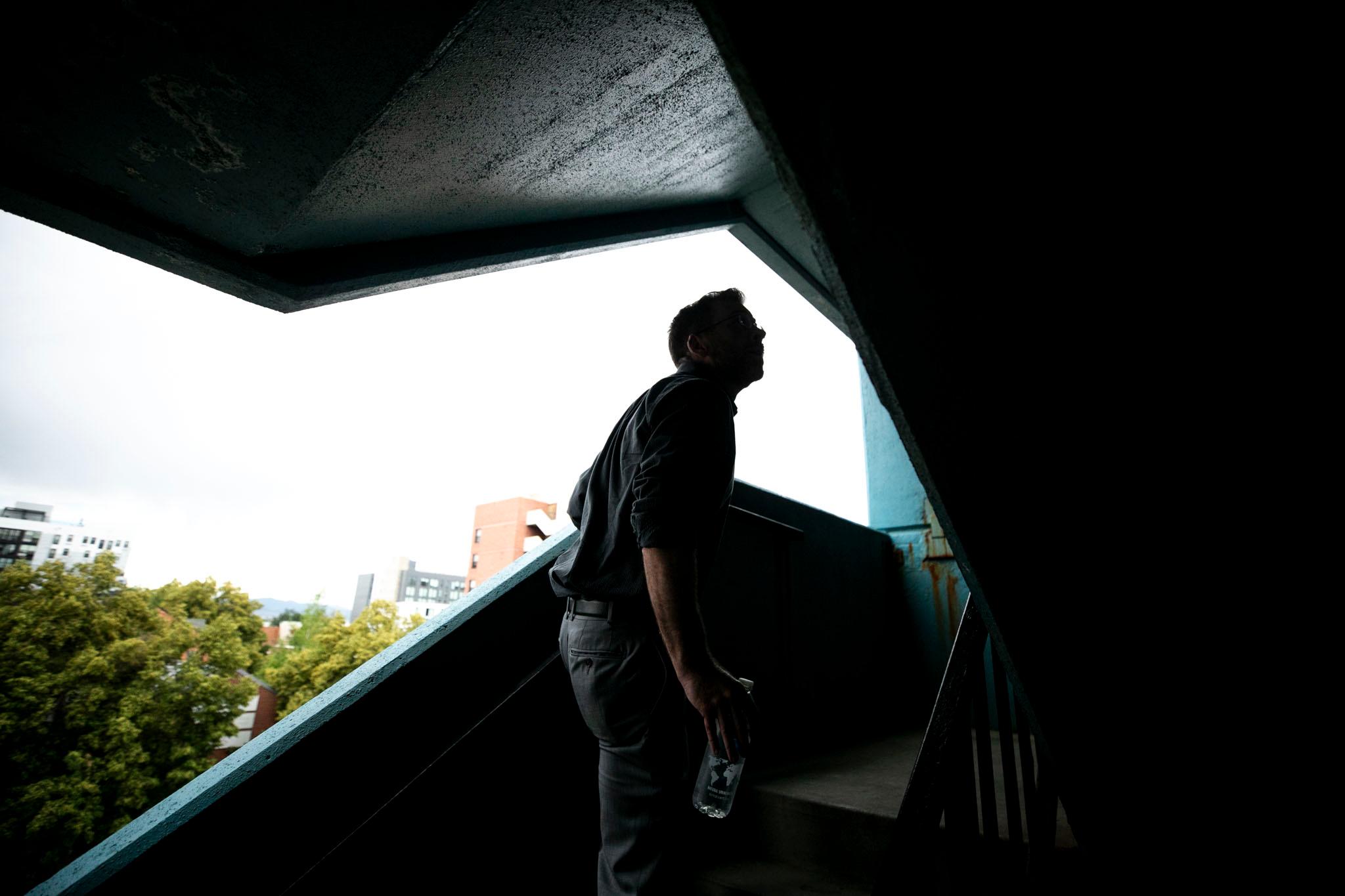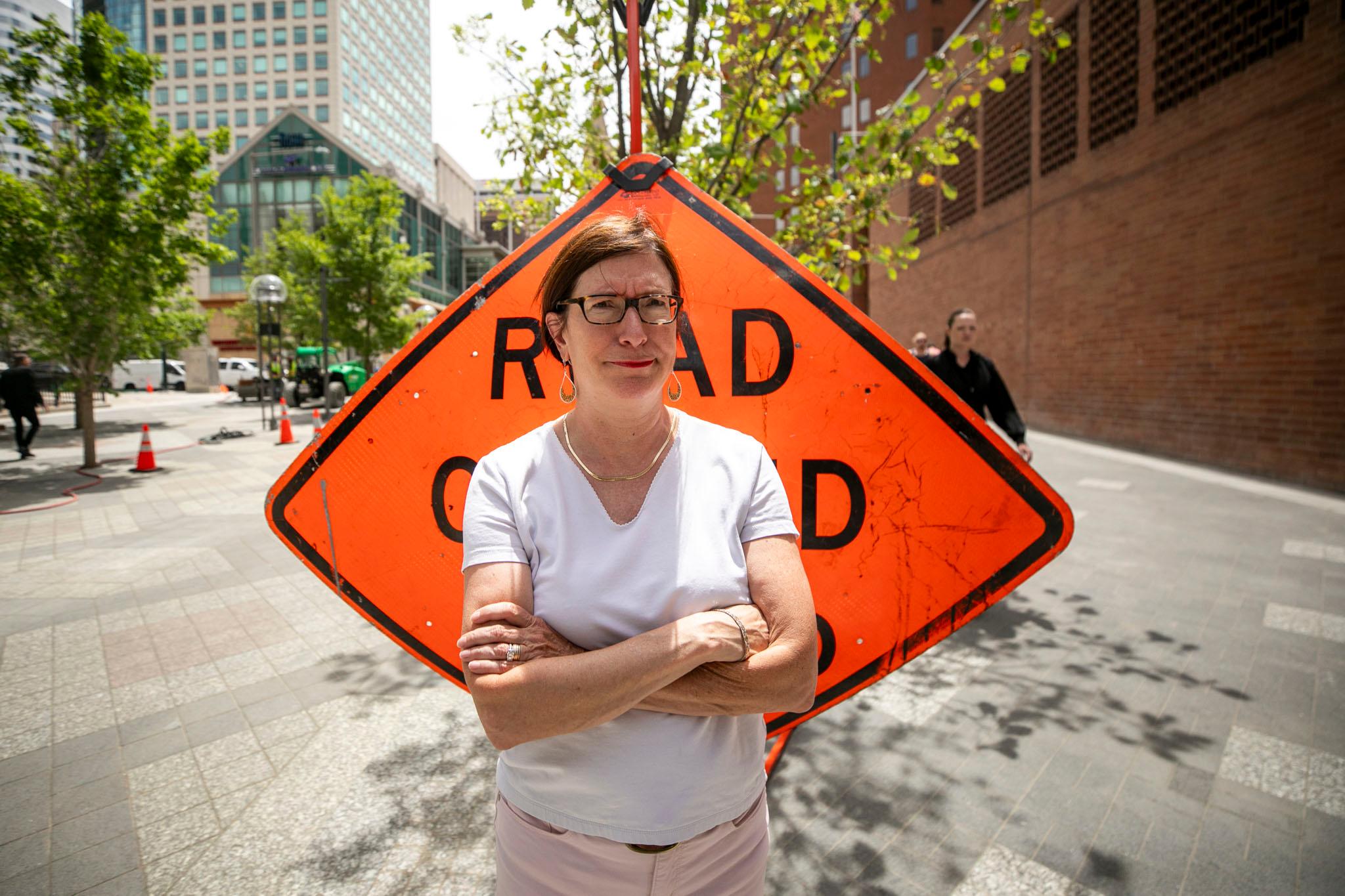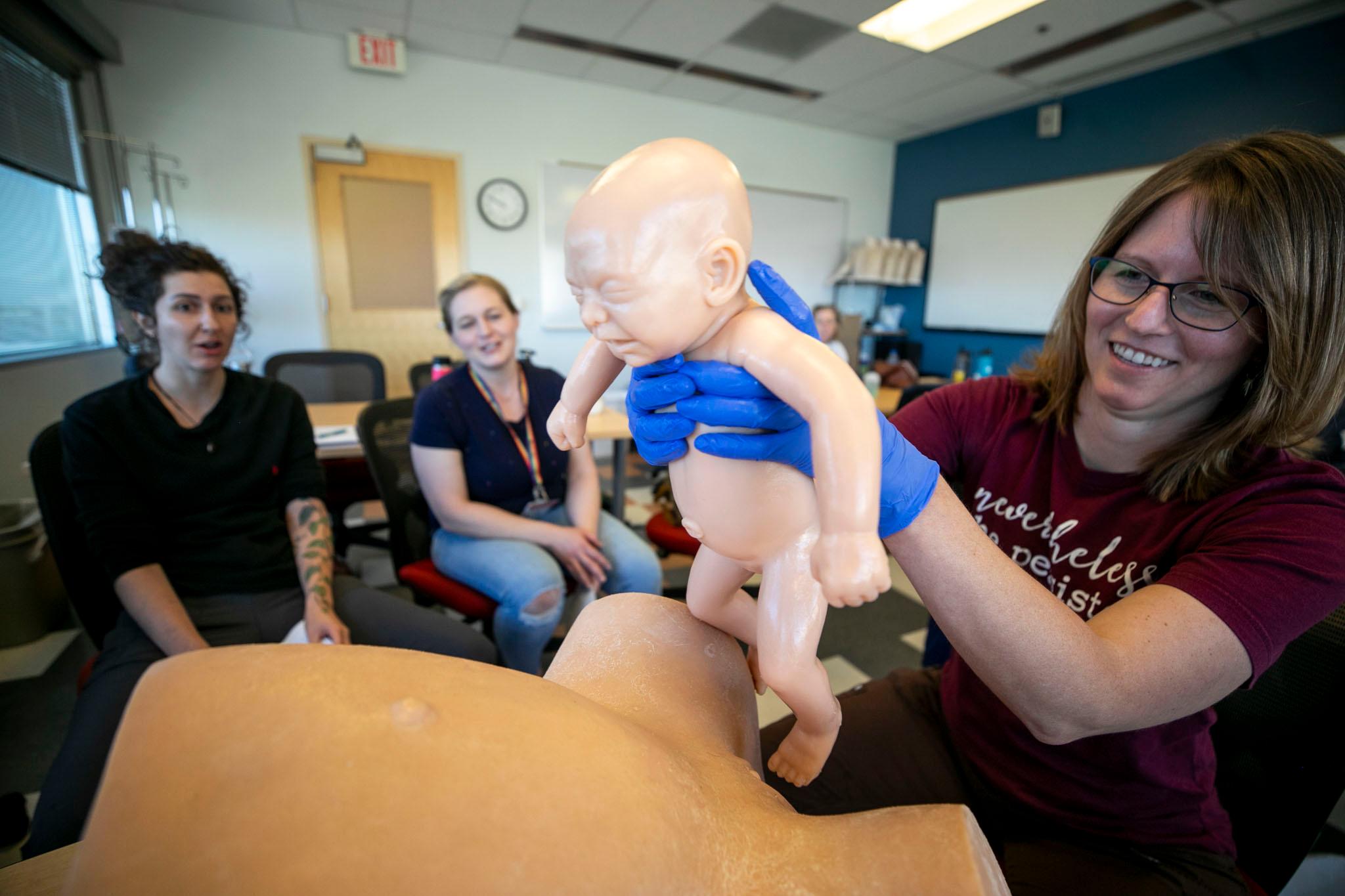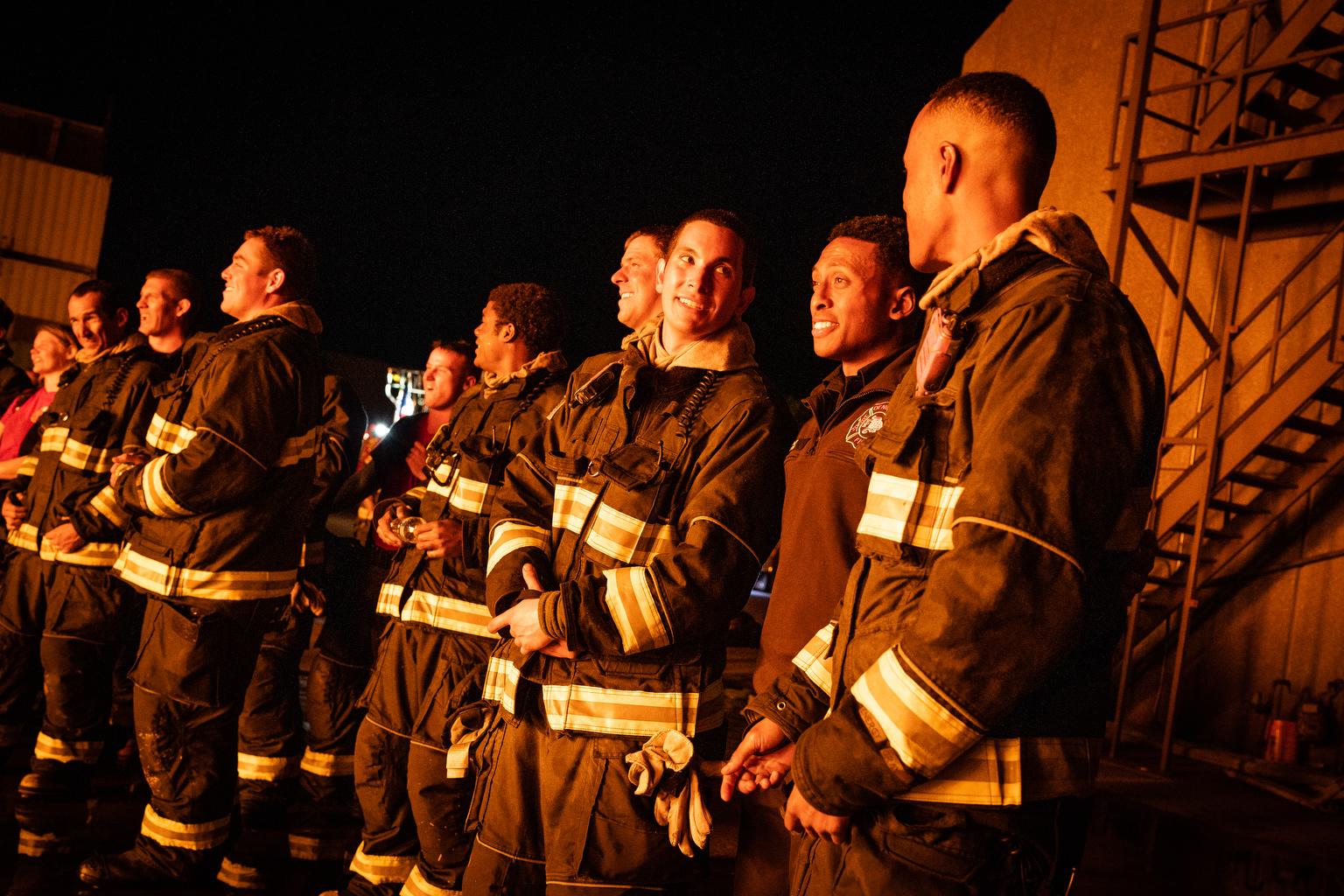The first day of summer was Thursday and, as if on cue, the National Weather Service issued a heat advisory for much of the Front Range.
The high on both Monday and Tuesday will be in the mid-to-upper 90s. And there’s not much relief after dark — overnight lows will be in the mid-to-upper 60s.
That's much higher than typical for the long-term high-temperature averages for June, which are 89.9 in downtown Denver and 82 degrees statewide, according to the National Centers for Environmental Information.
The heat advisory also includes the cities of Arvada, Boulder, Golden, Lakewood and Longmont.
Denver is activating recreation centers as cooling centers Monday and Tuesday.
Where can people cool off in Denver?
Denver Parks and Recreation has spaces at each of its recreation centers where people can cool off during extreme heat events. The designated areas are staffed and offer drinking water, restrooms and a place to sit. Find your closest rec center here.
Denver Public Library locations are also available to the public to get a break from the heat. See more information about library locations and hours here.
“The heat is dangerous and we want people to be safe,” said Emily Williams, a spokesperson for the Denver Department of Public Health & Environment. “It's important for people to take care of their health when it is so hot.”

Last summer was a much cooler summer in Denver than what’s anticipated this year.
“I think we only activated cooling centers twice, but we are anticipating a very warm summer this year,” Williams said. “I imagine this is not going to be our only activation this summer.”
People should know that even if a cooling center isn't activated, she said a city facility is never going to turn somebody away who wants to get cool.
“The library is always a great place to go, or the rec center is a good place to go,” she said.
Why is heat dangerous to us?
Best advice from health experts: Be prepared and aware, and don't underestimate risks from the heat.
“Extreme heat kills,” said Dr. Jay Lemery, an emergency medicine physician and co-director of the Climate and Health Program at CU Anschutz Medical Campus. “It's a force multiplier for preexisting medical conditions like diabetes or COPD, asthma or coronary artery disease.”
When people with these preexisting conditions are stressing themselves in the extreme heat that can put them into crisis. When they come to the emergency room, they may have shortness of breath or chest pain but not symptoms of a classic heat stroke.
Heat can be “insidious” in the way it exacerbates chronic disease in a way both a patient and their provider might not expect, Lemery said.
Heat-related illnesses and deaths are largely preventable, according to the HEAT.gov website.
A heat illness happens when your body is unable to dissipate heat effectively, according to the federal Centers for Disease Control and Prevention,
Individual health characteristics — like age, obesity, dehydration, heart disease, poor circulation, sunburn, and prescription drug and alcohol use — can all play a role in your body’s ability to cool off during hot weather.
Some folks who are at the highest risk for heat-related illness include people 65 and older, children younger than two, and people with chronic diseases or mental illness.
Sweating is our natural reaction to heat, Lemery said. But it can also increase the negative effects of heat for high-risk people.
“It dehydrates you, it forces your heart rate to go up. These are all the ways that a body cools itself,” he said. “For those that are physiologically vulnerable … your heart rate goes up 10 or 20 beats.”
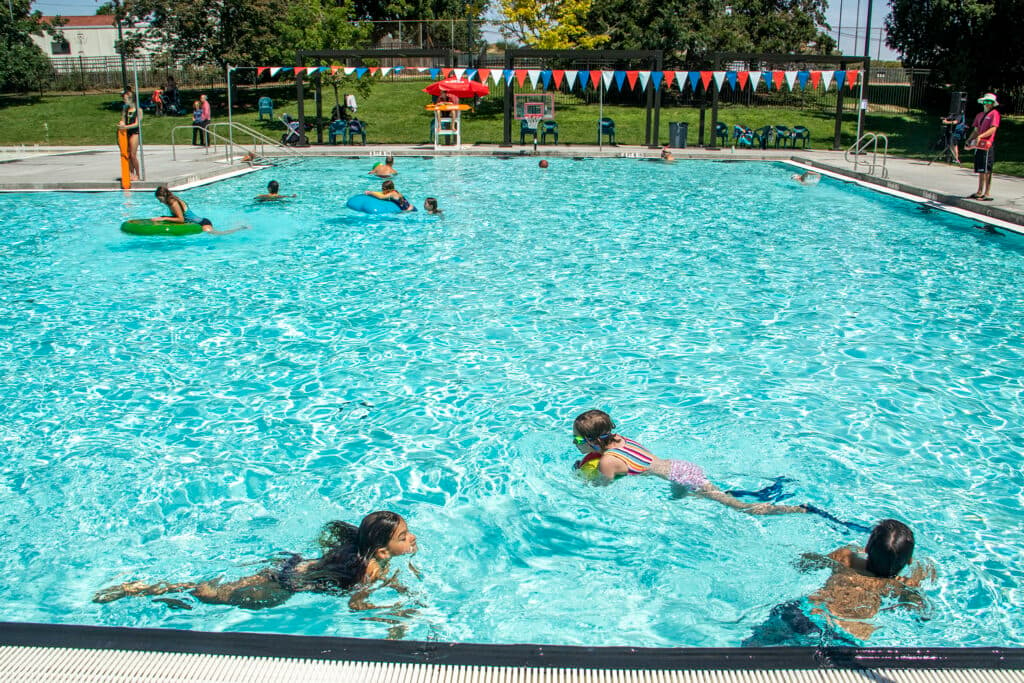
Perhaps you're a heart patient on diuretics, medicines that help reduce the buildup of fluid in the body, so maybe you're not as well hydrated as others.
“That can put you into crisis very quickly, where now your organs, your heart or your lungs are working much harder,” Lemery said. “And if you have those preexisting diseases, that can be enough to throw you into crisis where you're thrown into congestive heart failure or asthma exacerbation, or you begin to have acute coronary syndrome, the prelude to a heart attack.”
It’s not just those with underlying health conditions who need to watch out for extreme heat, Lemery said.
“We do see young people that come into the emergency department who are otherwise world-class triathletes, and often the time with heat comes degraded air quality,” he said.
The pollution effects are even worse on extreme heat days.
“Bike riders will come in wheezing and they'll be like, ‘Hey, I never knew I had asthma.’And the answer is, ‘You don't have asthma, you have reactive airway disease from an extreme heat day,’” Lemery said.
How to beat the heat
The Denver Department of Public Health & Environment, in a press release, offered these tips to prevent heat-related illness:
- Stay inside in air-conditioned buildings as much as possible. Air conditioning is the number one way to protect yourself against heat-related illness. If your home is not air-conditioned, visit one of Denver’s cooling stations
- Drink more water than usual and don’t wait until you’re thirsty to drink
- Fans will not prevent heat-related illness in extreme heat, instead take cool showers or baths to cool down
- Don’t use the stove or oven to cook—it will make you and your house hotter
- Don’t drink alcohol or beverages that contain caffeine
- Limit your outdoor activity, especially during the middle of the day when the sun is hottest
If you must be outside during the heat of the day, follow these tips:
- Wear and frequently reapply sunscreen
- Pace your activity and rest often
- Pay attention to muscle cramping, which may be an early sign of heat-related illness. To combat cramping and heat-related illnesses, drink more water than usual
- Wear loose, lightweight, light-colored clothing and a hat
Symptoms of heat-related illness can include:
- Red or itchy skin
- Muscle pain or cramps
- Shallow breathing
- Elevated body temperature
- A weak but quick pulse
- Nausea or vomiting and diarrhea
- Dizziness or fainting
During periods of extreme heat, check on friends and neighbors to be sure they are safe and remember to never leave children unattended in a hot car.
And don’t forget the furry friends
Denver Animal Protection (DAP) reminds residents to never leave their pets alone in vehicles, DDPHE said in its release.
If you suspect an animal is suffering heatstroke:
- Move the animal to shade or a cooler area
- Cool the pet down with water or ice packs on the stomach only
- Offer cool drinking water, but do not force-feed it
- Don’t dunk the pet in water. This can hurt them even more when their temperature regulation is impaired.
- Don’t cover, crate, or confine the animal
- Even if your pet responds to cooling treatments, it’s critical your pet sees an emergency veterinarian to see if it has suffered irreversible damage
If you see a dog in a hot car, immediately call 311 or Denver Animal Protection at 720-913-2080. You should also familiarize yourself with the city’s Good Samaritan law which provides legal immunity to people who break a car window to save an animal.
However, to ensure immunity:
- You must believe the animal is in imminent danger of death or serious bodily injury
- The vehicle must be locked
- You must make a ‘reasonable effort’ to find the vehicle’s owner
- You must contact the Denver Police Department, Denver Fire or DAP before entering the vehicle
- You cannot use more force than necessary to free the animal
- If you break a window, you must remain with the animal and on scene until police or DAP officers arrive


